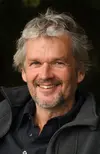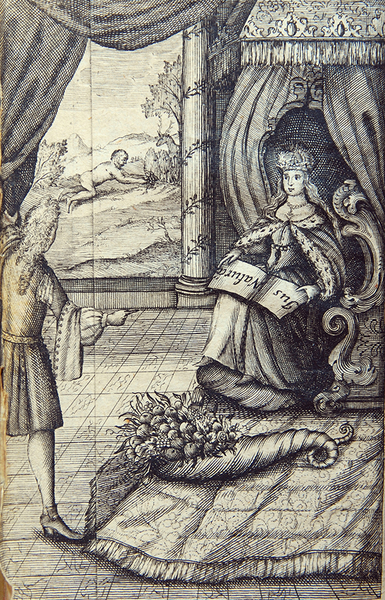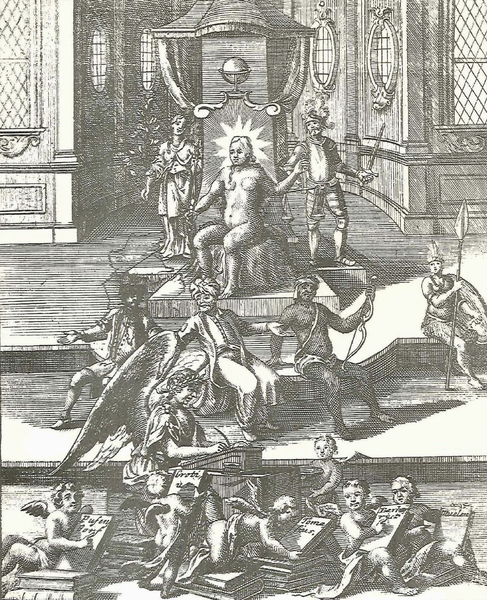Forschungsstelle für Frühneuzeitliches Naturrecht
Die Forschungsstelle für Frühneuzeitliches Naturrecht wurde 2016 gegründet und ist seit 2019 eine gemeinsame Einrichtung des Max-Weber-Kollegs und des Forschungszentrums Gotha. Ihre Aufgabe ist es, die bereits laufenden Forschungen zum Naturrecht der Frühen Neuzeit zu koordinieren und neue Vorhaben anzuregen. Der dabei in den Blick genommene zeitliche Rahmen erstreckt sich von der Reformation bis in die ersten Jahrzehnte des 19. Jahrhunderts, wobei das Hauptaugenmerk auf der Blütezeit des Naturrechts in der Ära nach Hugo Grotius und insbesondere auf der akademischen Institutionalisierung des Naturrechts in ganz Europa liegt. Dieser Fokus wird durch das Forschungsnetzwerk und Hauptprojekt ‘Natural Law 1625-1850. An International Research Project’ reflektiert, das wir in Zusammenarbeit mit dem Interdisziplinären Zentrum für die Erforschung der Europäischen Aufklärung (IZEA) der Martin-Luther-Universität Halle-Wittenberg betreiben. Die Redaktion der großen Schriftenreihe Natural Law and Enlightenment Classics ist in der Forschungsstelle ebenso beheimatet wie die mit dem Forschungsnetzwerk ‘Natural Law 1625-1850’ verbundene Reihe, die ab 2017 bei Brill in Leiden von Prof. Dr. Knud Haakonssen und Dr. Frank Grunert herausgegeben wird. Zusätzlich zum IZEA pflegen wir enge Beziehungen zum Institute of Intellectual History an der University of St. Andrews. Die am Max-Weber-Kolleg und am Forschungszentrum Gotha mit naturrechtlichen Fragestellungen befassten Doktorand*innen und Visiting Fellows sind als Assoziierte Mitglieder der Forschungsstelle herzlich willkommen.
Hauptprojekt
Natural Law 1625-1850. An International Research Project
The project is focussed on natural law as an academic institution in the period from 1625 to 1850. The ambition is to combine traditional approaches to natural law as a set of ideas with a comprehensive history of academic reception, transmission, and uses that takes into account institutional, political, and legal contexts. This ambition can only be realised by supplementing the published record of natural law – its textbooks and treatises – with a much wider range of sources. Accordingly the heart of the project is a large digitization programme of natural-law texts, commentaries, and pedagogical programs, supplemented by a bibliography and a data base
A project of such magnitude has to be organised at a European level, with the ambition of eventually including also teaching in the colonial institutions in North and South America. We see it as a 'federal' project of participating institutions, but working to a coherent plan. Most of the institutions will want to deal with their own natural-law record, and their local web sites are or will be linked to the present site that functions as a portal for the project as a whole, including the bibliography and data bases.
The project is being directed by Frank Grunert, Knud Haakonssen, and Louis Pahlow and rests on a group of about twenty collaborators, representing the participating universities and libraries across Europe. The project has a large and growing body of members, who are scholars of natural law wanting to make use of the materials provided by the project.
Forschungsprojekte
The project is about the history of the teaching of natural law at the three north German universities in Kiel, Greifswald and Rostock during the period 1648–1806. It is concerned with why, how and to what extent this academic discipline developed in three different political settings along the Baltic coast. The project is based on the general presumption that natural law was of great significance for the period’s intellectual development and state building endeavours. The general aim of the project is to show that “modern” natural law, even at smaller north German universities, was playing an important role in this matter.
Project Director: Dr. Mikkel Munthe Jensen
Funding: Deutsche Forschungsgemeinschaft (DFG) € 350.000
Period: 01.07.2022-31.12.2026
Ziel des Vorhabens ist die Erschließung der Naturrechtslehre von Heinrich Cocceji (1644-1719) und seinem Sohn, Herausgeber und Fortsetzer Samuel (1679-1755). In einer Monographie soll das Naturrecht der Cocceji, in dessen Zentrum ein theokratisch-voluntaristisch begründetes Konzept unveräußerlicher Freiheitsrechte steht, (1) in seinen politischen und ideengeschichtlichen Kontexten und (2) in seiner kontroversen Rezeption in der europäischen Aufklärung dargestellt werden.
Project Director: Dr. Stefanie Ertz
Funding: Deutsche Forschungsgemeinschaft (DFG)
Period: 01.02.2024-01.02.2027
Kollaborationsprojekte
Academic natural law in absolutist Denmark c. 1690-1773: Professionalisation and politics
Project Director: Dr. Mads Langballe-Jensen, University of Halle-Wittenberg
Funding: Deutsche Forschungsgemeinschaft (DFG) € 340.000
The teaching and formation of natural law at the University of Halle. The first period: 1694–1740
Project Director: Dr. Martin Kühnel, University of Halle-Wittenberg
Funding: Deutsche Forschungsgemeinschaft (DFG) € 330.000
Personen
Leitung
-
Leiter der Forschungsstelle für Frühneuzeitliches Naturrecht (Forschungszentrum Gotha)
-
Dr. Frank Grunert
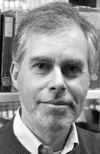 Leiter der Forschungsstelle für Frühneuzeitliches Naturrecht (Max-Weber-Kolleg für kultur- und sozialwissenschaftliche Studien)
Leiter der Forschungsstelle für Frühneuzeitliches Naturrecht (Max-Weber-Kolleg für kultur- und sozialwissenschaftliche Studien)
Koordinator
-
Koordinator und Mitglied der Forschungsstelle für Frühneuzeitliches Naturrecht (Max-Weber-Kolleg für kultur- und sozialwissenschaftliche Studien)
Mitglieder
-
Mitglied der Forschungsstelle für Frühneuzeitliches Naturrecht (Forschungszentrum Gotha)
-
Prof. Dr. Gábor Gángó
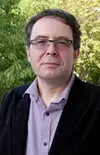 Mitglied der Forschungsstelle für Frühneuzeitliches Naturrecht (Max-Weber-Kolleg für kultur- und sozialwissenschaftliche Studien)
Mitglied der Forschungsstelle für Frühneuzeitliches Naturrecht (Max-Weber-Kolleg für kultur- und sozialwissenschaftliche Studien) -
Dr. Martin Kühnel
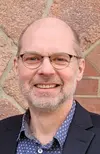 Mitglied der Forschungsstelle für Frühneuzeitliches Naturrecht (Forschungszentrum Gotha)
Mitglied der Forschungsstelle für Frühneuzeitliches Naturrecht (Forschungszentrum Gotha) -
Dr. Mads Langballe Jensen
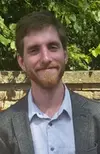 Mitglied der Forschungsstelle für Frühneuzeitliches Naturrecht (Max-Weber-Kolleg für kultur- und sozialwissenschaftliche Studien)
Mitglied der Forschungsstelle für Frühneuzeitliches Naturrecht (Max-Weber-Kolleg für kultur- und sozialwissenschaftliche Studien)
Kooperationspartner
- Interdisziplinäres Zentrum für die Erforschung der Europäischen Aufklärung (IZEA), Halle
- Institute of Intellectual History, St. Andrews
- siehe auch Projektseite ‘Natural Law 1625-1850’
